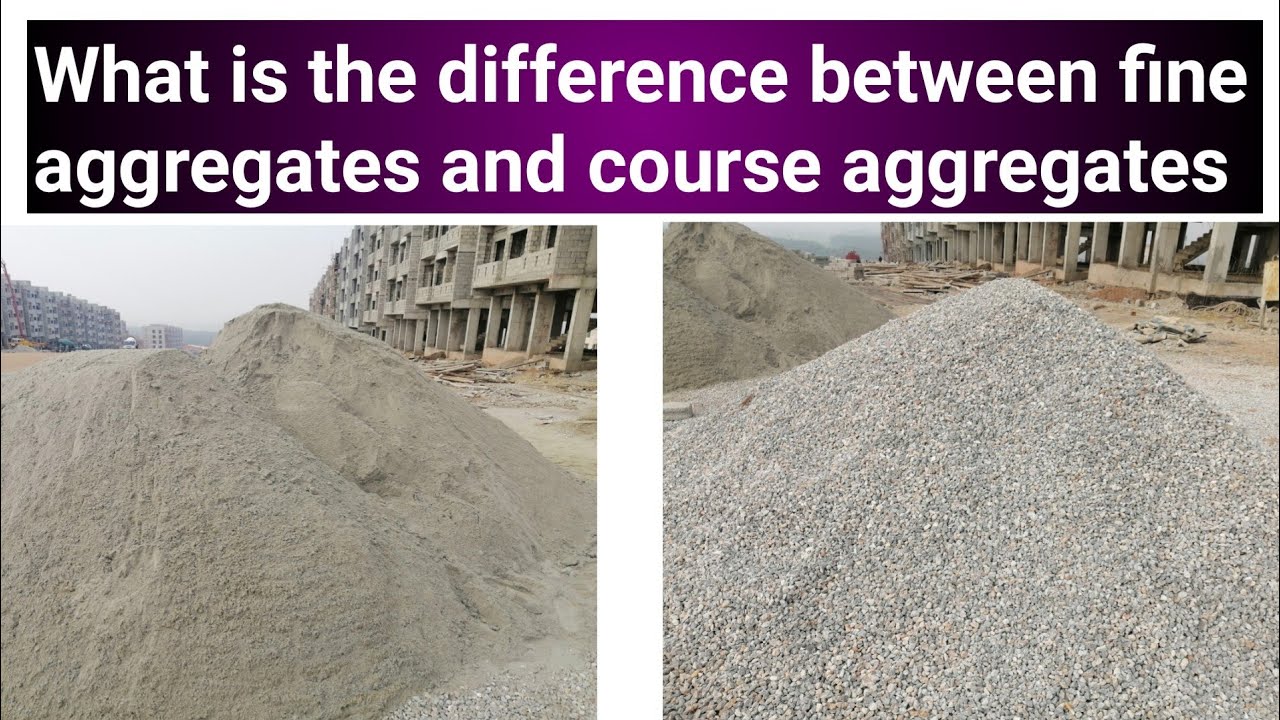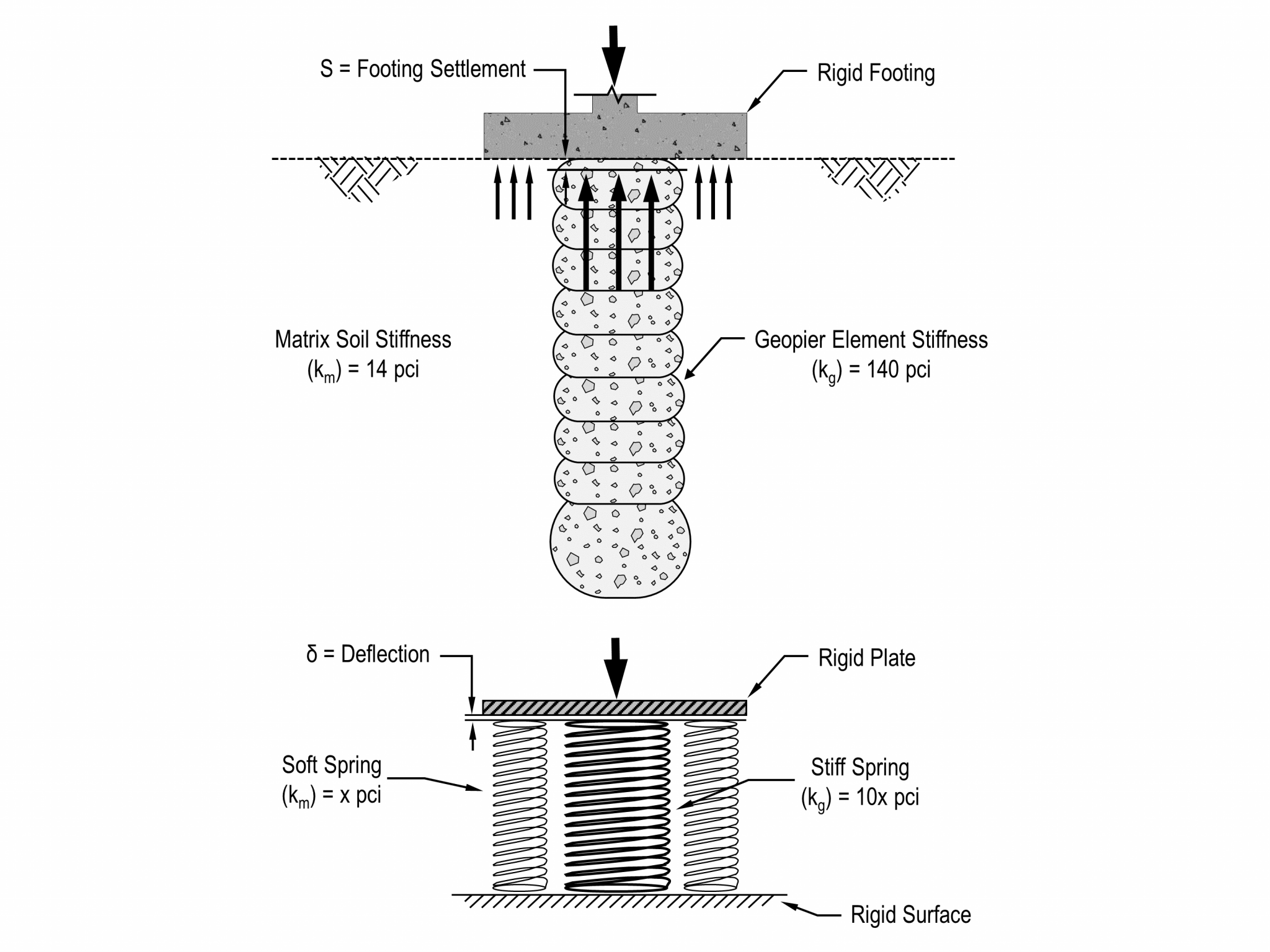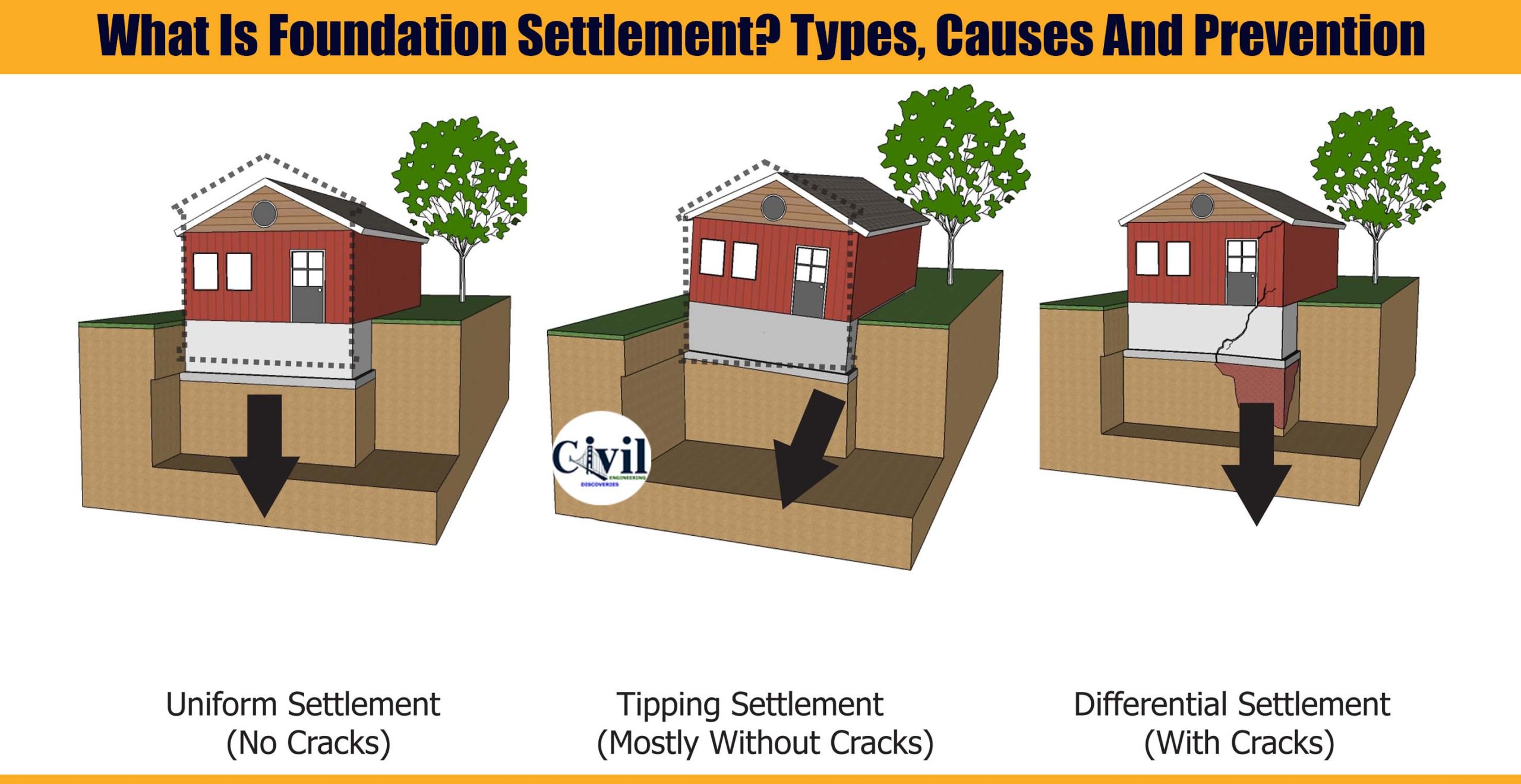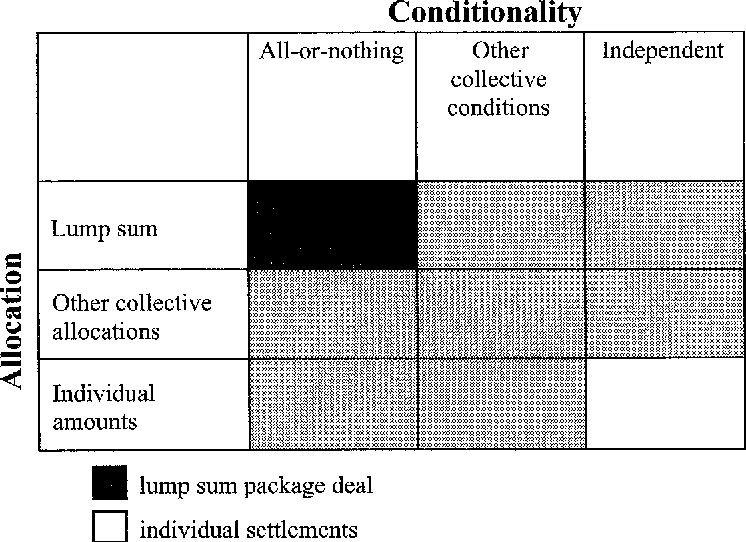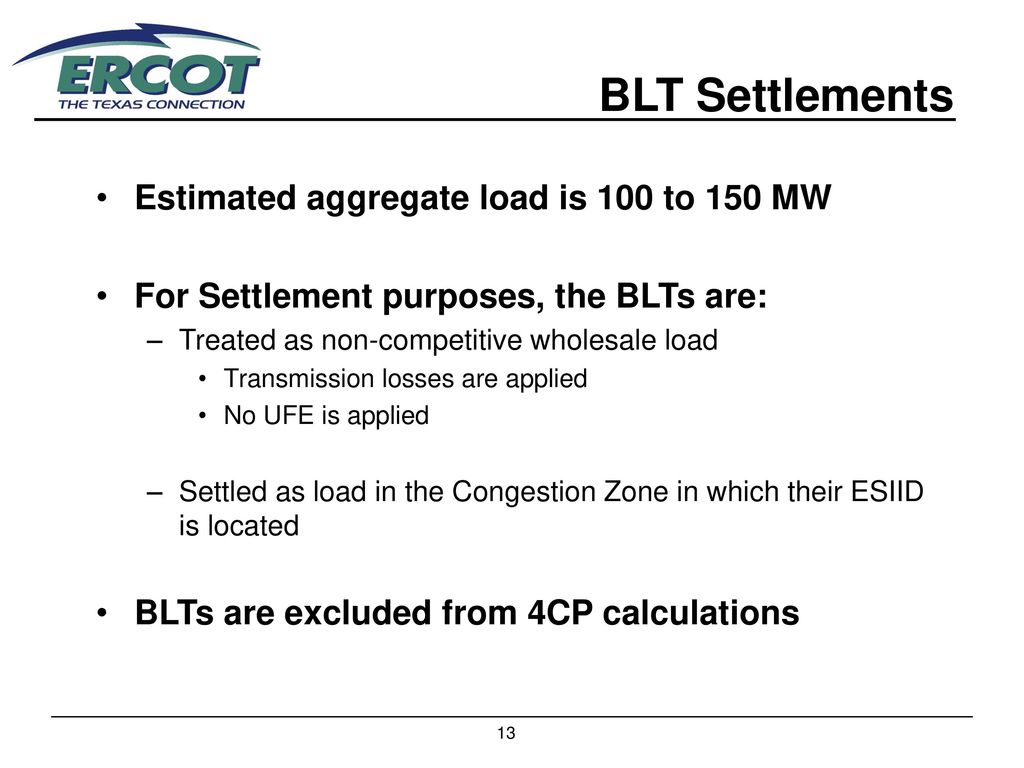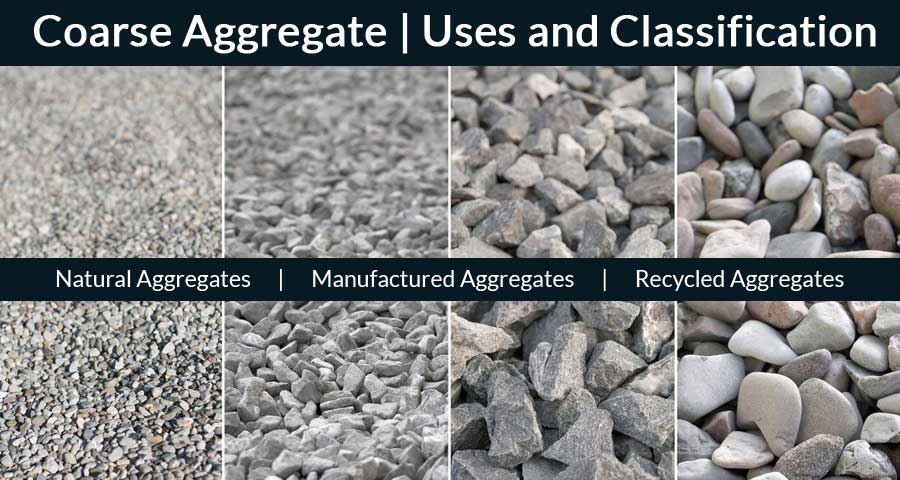What Is The Opposite Of A Aggregate Settlement

In the intricate landscape of legal settlements, where large groups of plaintiffs often unite against a common defendant, the concept of an aggregate settlement looms large. But what lies at the opposite end of this spectrum? The answer is not merely a semantic flip; it represents a fundamentally different approach to resolving disputes, with implications for fairness, individual autonomy, and the overall efficiency of the justice system.
This article delves into the concept of the antithesis of an aggregate settlement: individualized litigation and settlement. This involves addressing each plaintiff's claim on its own merits, without bundling it into a larger group for negotiation or resolution. Understanding this alternative, its benefits, and its drawbacks is crucial for anyone involved in or affected by mass torts and class action lawsuits.
Understanding Aggregate Settlements
Before exploring the opposite, it's essential to define what an aggregate settlement is. It’s an agreement resolving multiple claims simultaneously, usually in cases involving mass torts, product liability, or environmental damage.
Instead of each plaintiff pursuing their case independently, a single negotiation leads to a global settlement that covers everyone. The total settlement amount is then divided among the plaintiffs based on a pre-determined formula or a process involving claims administrators.
The Drawbacks of Aggregation
While aggregate settlements can be efficient, they aren't without criticism. Individual nuances of each case can be glossed over, potentially leading to some plaintiffs receiving less compensation than they deserve. Concerns about attorney conflicts of interest also arise, particularly if the lawyers are incentivized to prioritize a quick resolution over maximizing individual recoveries.
Furthermore, some plaintiffs might prefer to take their chances at trial, believing they could achieve a larger payout. Aggregate settlements, however, often require a high percentage of plaintiffs to agree, effectively binding dissenting individuals to the outcome.
The Antithesis: Individualized Litigation and Settlement
The direct opposite of an aggregate settlement is the pursuit of individualized litigation, where each plaintiff litigates their case separately, and settlements (if reached) are negotiated on a case-by-case basis. This approach prioritizes the specific facts and circumstances surrounding each individual's harm.
It allows for a more nuanced evaluation of damages and liability. It avoids the inherent compromises and potential unfairness associated with group settlements.
Benefits of Individualized Approach
The most significant advantage of this approach is individual autonomy. Each plaintiff retains control over their case, making decisions about settlement offers and trial strategy based on their personal needs and preferences.
This autonomy also extends to the discovery process, allowing plaintiffs to present specific evidence related to their unique circumstances. Furthermore, individualized litigation can lead to fairer outcomes, as the settlement value is tied directly to the strength of the individual's claim and the severity of their damages.
In cases with significant variations in the nature and extent of harm, this approach can be particularly advantageous.
Challenges and Limitations
However, individualized litigation comes with its own set of challenges. The most significant drawback is the cost and time involved. Pursuing each case separately can be significantly more expensive for both plaintiffs and defendants.
Courts also face increased administrative burdens, as each case requires individual attention. The potential for inconsistent outcomes also exists, where similar cases might be resolved differently depending on the judge, jury, or negotiating skills of the attorneys involved.
Moreover, individual plaintiffs may lack the resources to effectively litigate against well-funded defendants, creating an imbalance of power.
Factors Influencing the Choice: Aggregation vs. Individualization
Several factors influence whether an aggregate or individualized approach is more appropriate. The homogeneity of the claims is a crucial consideration. If the plaintiffs' injuries are similar and arise from the same event, an aggregate settlement might be efficient and fair.
However, if the damages vary significantly, individualized litigation might be necessary to ensure equitable outcomes. The financial resources of the parties also play a role. Plaintiffs with limited resources might prefer the efficiency of an aggregate settlement, while well-funded plaintiffs might opt for individualized litigation to maximize their recovery.
The attitude of the courts and the applicable jurisdiction also matter. Some courts favor aggregate settlements to manage caseloads, while others prioritize individual rights.
The Role of Bellwether Trials
In some mass tort cases, a middle ground is achieved through bellwether trials. These are a series of individual trials selected to represent the larger group of plaintiffs. The outcomes of these trials can then be used to inform settlement negotiations for the remaining cases.
Bellwether trials offer a way to gain insight into the strengths and weaknesses of the claims. They allow the parties to make more informed decisions about settlement strategies. This approach seeks to balance the efficiency of aggregation with the fairness of individualized assessment.
Looking Ahead: The Future of Mass Tort Litigation
The debate between aggregate settlements and individualized litigation is likely to continue as mass tort litigation becomes increasingly prevalent. As technology advances and more data becomes available, there may be new ways to streamline the process of evaluating and resolving claims.
The development of algorithms and artificial intelligence could potentially assist in assessing damages and predicting trial outcomes, potentially facilitating more efficient and fairer settlements, whether approached individually or in aggregate. Regardless of the approach taken, ensuring fairness, transparency, and individual autonomy will remain paramount in the pursuit of justice.
Ultimately, the "opposite" of an aggregate settlement is not merely a procedural choice but a philosophical one, reflecting differing values regarding efficiency, individual rights, and the pursuit of equitable compensation for those who have been harmed.



